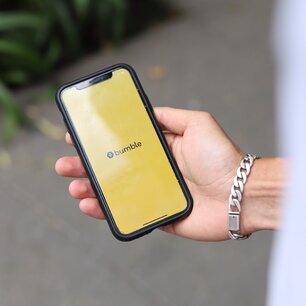Life in this world, unfortunately, isn’t as safe and peaceful at the moment. Aside from the numerous environmental calamities wreaking havoc in many areas of the globe, we’re also facing health crises that threaten many lives. For one, there’s the emerging 2019-nCov, commonly called the novel coronavirus, predicted to become as deadly as SARS, an epidemic that struck the world in the early 2000s. Likely originated from a live seafood market in the city of Wuhan, China late December last year, researchers are speculating that the virus may have been transmitted from bats or snakes, and finally to humans.
In less than a month, we saw the SARS-like virus spread. In China, more than 800 people have been affected, prompting the closure of its city of origin that’s home to approximately 11 million people. Across the seas, a number of confirmed cases have popped up in Japan, South Korea, Singapore, Malaysia, among many others. In the Philippines, patients suspected of being infected are slowly popping up.
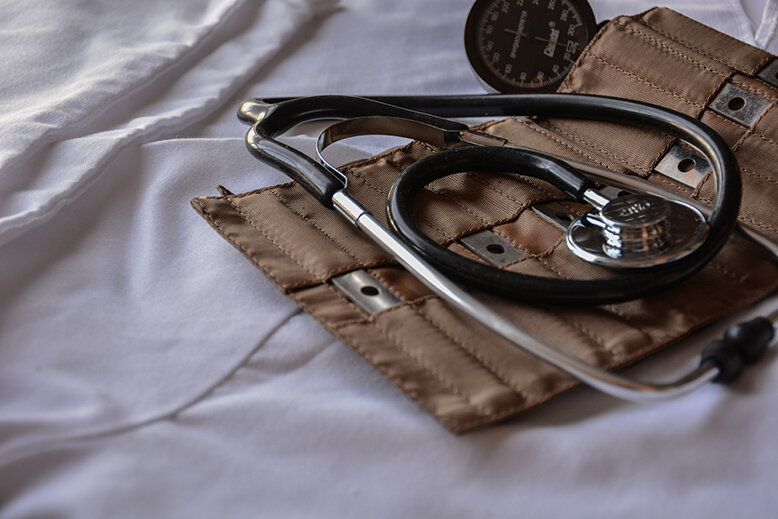
Medical professionals all over the world are doing their best to contain the virus, but not much is known about it yet
So far, the Wuhan coronavirus has claimed 106 lives in China. What makes it even more concerning is that it initially manifests through harmless flu-like symptoms, but it can progress into something more serious like pneumonia. With hundreds of millions travelling to, from, and around China during the Lunar New Year holidays, it’s expected that the respiratory virus will only spread farther.
For us in the neighbouring countries, the risk is even higher, so it’s only natural that we worry for our health and well-being. So better be safe than sorry. Make sure to protect yourself with these easy tips.
Wash your hands
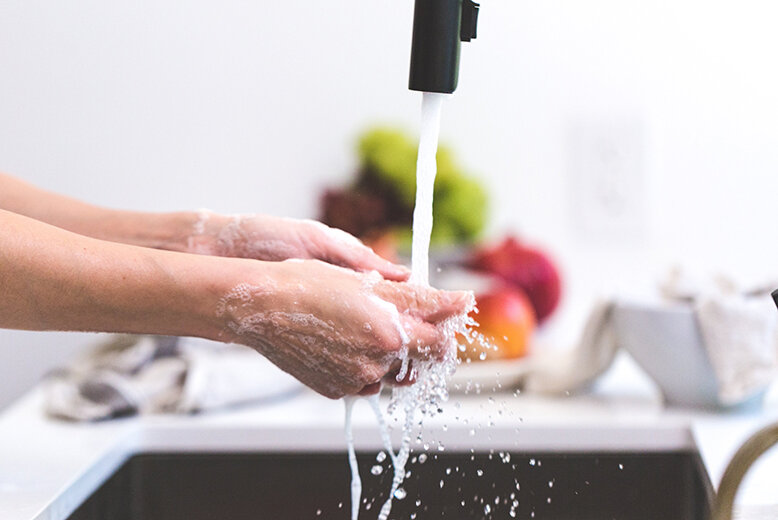
Scrub your hands with anti-bacterial soap for at least 20 seconds to wash off germs
To survive this sort of illness, it’s important that we practice good hygiene. So, every time you do something, make sure you wash your hands before and after. We don’t see all the dirt and bacteria that the things we touch come into contact with, so this just ensures you’re safe and clean no matter what. If access to clean water and soap is not immediately available, avoid touching your eyes, mouth, and nose with unwashed hands.
Pack a hygiene kit

Include hygiene essentials to your everyday beauty kit
Wherever you go, bring along a small kit containing your hygiene necessities like rubbing alcohol (a 70% Isopropyl solution is most effective at killing germs), liquid soap, wet wipes, and tissue. This way, you’re ready to stay neat and clean no matter your task for the day.
Get covered
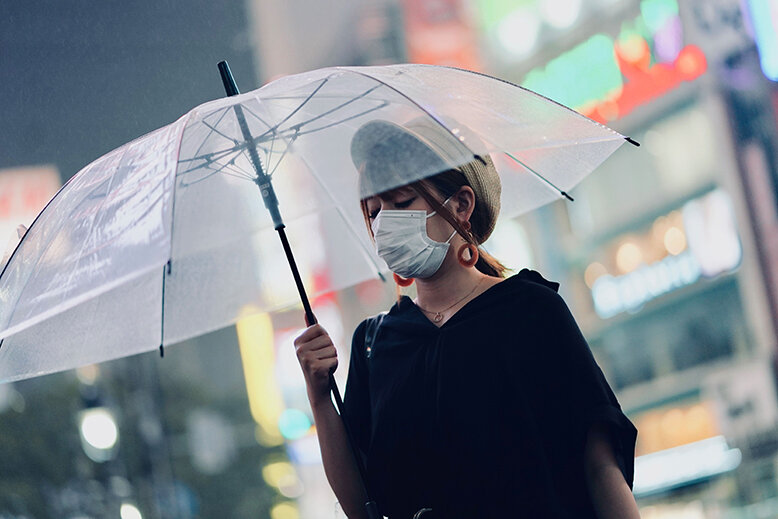
Prevent contracting coronavirus by wearing a mask when you go out
The novel coronavirus is commonly transmitted through coughing, sneezing, or even touching an infected person. Of course, not everyone who does these are infected, but it’s good practice to cover yourself whenever someone nearby does these things, so you’re sure you’re safe no matter what. If you think it’s difficult to have your hand on guard at all times, make things more convenient by wearing a mask when going outside your home. A perfectly-fitted N95 respirator mask is best, but if you can’t get hold of such, disposable surgical masks will help limit transmission a bit. Wear the white side in, and the colourful side out, and fasten it securely by pinching the wiring over your nose.
Stay at home

While you're at it, get productive and do your much-needed spring cleaning
Flights, buses and other transportation to Wuhan have already been suspended, and it’s been advised to avoid China altogether. However, we might not be aware of its how it’s currently spreading to other countries. So for now, it’s best that we remain in the country and stay at home. We know you love travelling. But at least for the following months, it’s best to set aside your travel plans and re-schedule them later on when we know the virus is contained. With that, you get to also save up for the more important things in life— you kill two birds in one stone!
Take it seriously
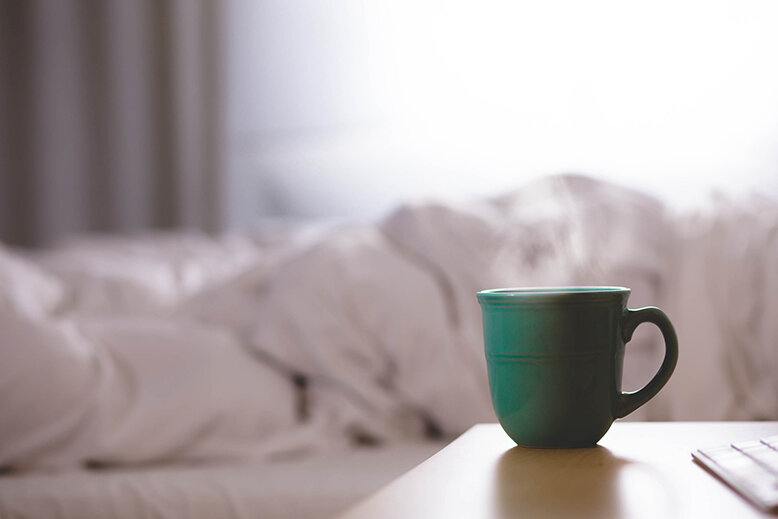
Drinking hot herbal tea isn't enough to keep your sickness at bay anymore
As mentioned, early signs of having the new coronavirus is similar to having a flu. That means people experience headaches, coughing, runny nose, and other symptoms you might normally brush off, thinking they will go away on their own. However, these are drastic times, and even if you think you’re 100 per cent sure you haven’t come into contact with an infected person, it’s best you get checked up if you're experiencing these. Consult your doctor — fingers crossed, you haven’t been infected. But worst case scenario, at least you can receive treatment early on and increase your chances of recovery.
Comments, questions or feedback? Email us at [email protected].







